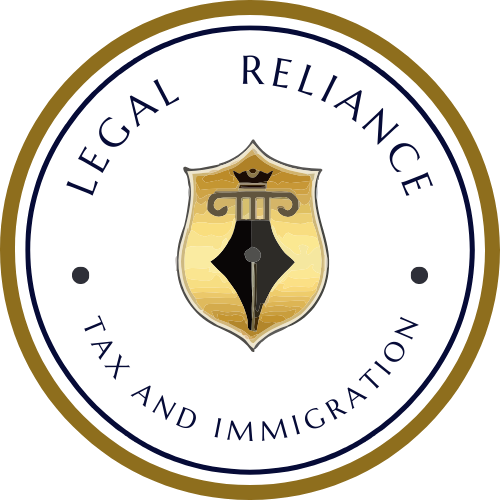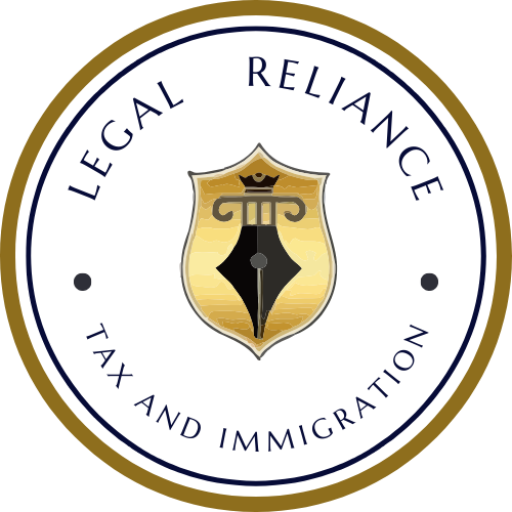Applying for an Australian visa can be a life-changing opportunity for Pakistanis seeking better career prospects, education, or a new life abroad. However, many applicants face rejections due to common mistakes that could have been easily avoided. Here are the top 10 mistakes Pakistanis make when applying for an Australian visa and how to avoid them.
1. Inaccurate or Incomplete Documentation
One of the most common mistakes is submitting incomplete or inaccurate documentation. Missing documents, incorrect information, or discrepancies can result in delays or outright rejections. Double-check your application and ensure all required documents are included, such as your passport, educational certificates, financial statements, and work experience letters.
2. Not Meeting English Language Requirements
Australia has strict English language requirements for most visa categories. Many Pakistani applicants fail to meet the required scores in tests like IELTS, PTE, or TOEFL. It’s essential to prepare thoroughly for the test and ensure you achieve the required score for your visa type.
3. Choosing the Wrong Visa Category
Selecting the wrong visa category is a frequent error that can lead to rejection. Each visa type has specific eligibility criteria, and applying for the wrong one will waste time and money. Research the visa options thoroughly or consult with a migration agent to choose the right category.
4. Not Providing Evidence of Financial Stability
Australian immigration authorities require proof that you can support yourself financially during your stay. Many Pakistani applicants fail to provide sufficient financial evidence, such as bank statements, proof of income, or sponsorship letters. Ensure you have adequate funds and proper documentation to prove it.
5. Ignoring Health and Character Requirements
Australia has strict health and character requirements for visa applicants. Some Pakistanis overlook the importance of undergoing medical examinations or providing police clearance certificates. Make sure you complete these checks as part of your application process.
6. Submitting False Information
Submitting false or misleading information is a serious offense that can result in a permanent visa ban. Some applicants provide fake documents, exaggerated qualifications, or incorrect personal details. Always provide accurate and truthful information to avoid complications.
7. Lack of Preparation for Visa Interviews
For certain visa types, applicants are required to attend interviews. Many Pakistani applicants fail to prepare adequately for these interviews, leading to poor performance and visa rejection. Practice common interview questions and be ready to explain your intentions clearly.
8. Not Understanding the Points-Based System
For skilled visas, Australia uses a points-based system to assess eligibility. Many Pakistani applicants don’t fully understand how this system works and fail to calculate their points correctly. Ensure you meet the minimum points requirement by considering factors like age, education, work experience, and English proficiency.
9. Ignoring Changes in Immigration Policies
Australian immigration policies and visa requirements are subject to change. Some applicants rely on outdated information and fail to meet the current requirements. Stay updated with the latest immigration rules by regularly checking the Department of Home Affairs website or consulting a migration agent.
10. Relying on Unlicensed Agents
Many Pakistanis fall victim to unlicensed or fraudulent migration agents who make false promises and charge exorbitant fees. Always verify that your agent is registered with the Migration Agents Registration Authority (MARA) to ensure you’re getting reliable advice.
Conclusion
Applying for an Australian visa from Pakistan can be a complex process, but by avoiding these common mistakes, you can increase your chances of success. Ensure you provide complete and accurate documentation, meet all the requirements, and stay informed about immigration policies. If you’re unsure about any aspect of your application, seek advice from a registered migration agent to guide you through the process.








